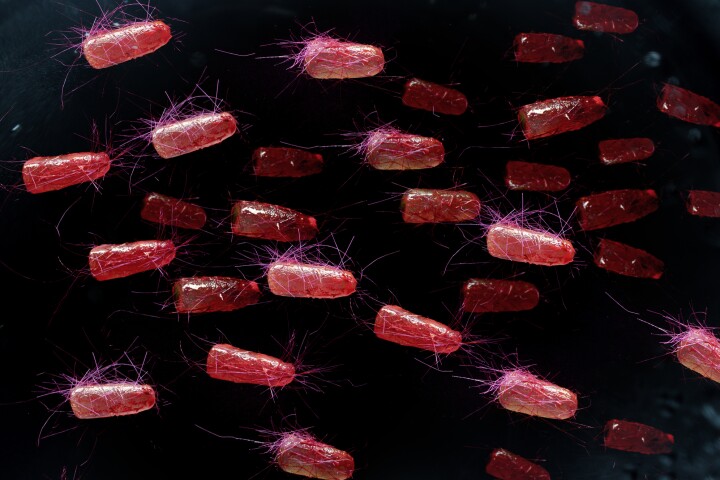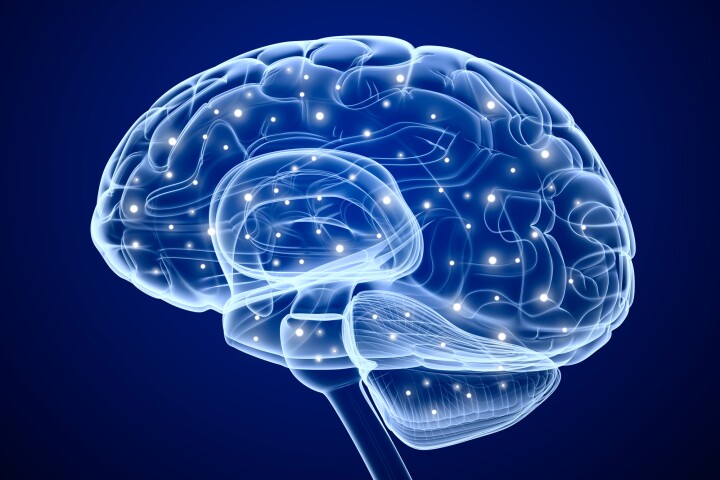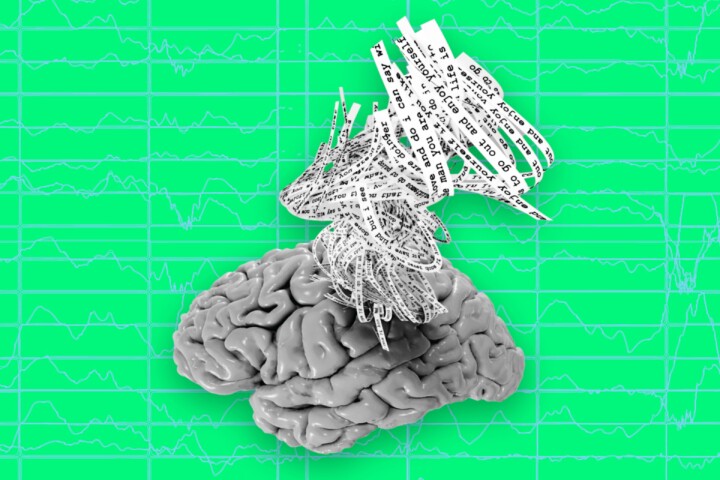University of Texas
-
Beans don't have the best rep when it comes to our guts. But a new study has shown how a daily dose of navy beans can easily restore gut health in colorectal cancer survivors, revealing their broad benefit in helping protect against chronic diseases.
-
The USA has only two accelerators that can produce 10 billion electron-volt particle beams, and they're each about 1.9 miles long. "We can now reach those energies in 10 cm," said the CEO of TAU Systems, which has built an ultra-compact accelerator.
-
Research has found that iron levels trigger the formation of a kind of ‘memory’ in bacteria that drives their subsequent behavior and is passed on to their progeny. The discovery could help prevent bacterial infections and address antibiotic resistance.
-
Analyzing the functional connectivity of different brain networks, researchers found that Alzheimer’s disease disrupts areas of the brain beyond those relating to memory and produces changes distinct from those seen in healthy aging.
-
A study last year found that the influenza vaccine reduced the risk of Alzheimer's disease. Now, the same research team has found that people aged 65 and over who’ve received routine vaccinations are significantly less likely to develop the condition.
-
Although the gel of the aloe vera plant is used to treat sunburn, moisturize skin and boost gut health, its peels are usually discarded. New research now suggests that those peels could also be used, to make non-toxic insecticide for use by farmers.
-
While “don’t mess with Texas” may have originated as a littering campaign catchphrase, scientists from the southern state have aimed that mantra at waterborne bacteria, creating a drinking cup that kills pathogens that cross its electric field.
-
A new chemical map of the local region of our galaxy developed by Keith Hawkins at the University of Texas at Austin has unearthed new structural details of nearby spiral arms of the Milky Way to a distance of 32,600 light years from Earth.
-
If a new study holds water it might be the JWST's most important discovery ever. Three bright objects in the distant universe could be the first candidate “dark stars,” hypothetical celestial objects powered by the annihilation of dark matter.
-
For the first time, scientists have discovered how a change in the ACTA2 gene can cause heart disease in otherwise adults who have normal cholesterol levels and no other risk factors. This could lead to early detection of an often silent killer.
-
Barbecue is serious business, and some of the most serious about it hail from Texas. Chemist Jeremiah Gassensmith insists that while it's as much an art as a science, knowing more about the "circus of chemicals" can help anyone master a brisket.
-
Researchers from the UT Austin have created a mind-reading AI system that accurately translates images of a person’s brain activity into a continuous stream of text, with potential applications for people who are conscious but unable to speak,
Load More











